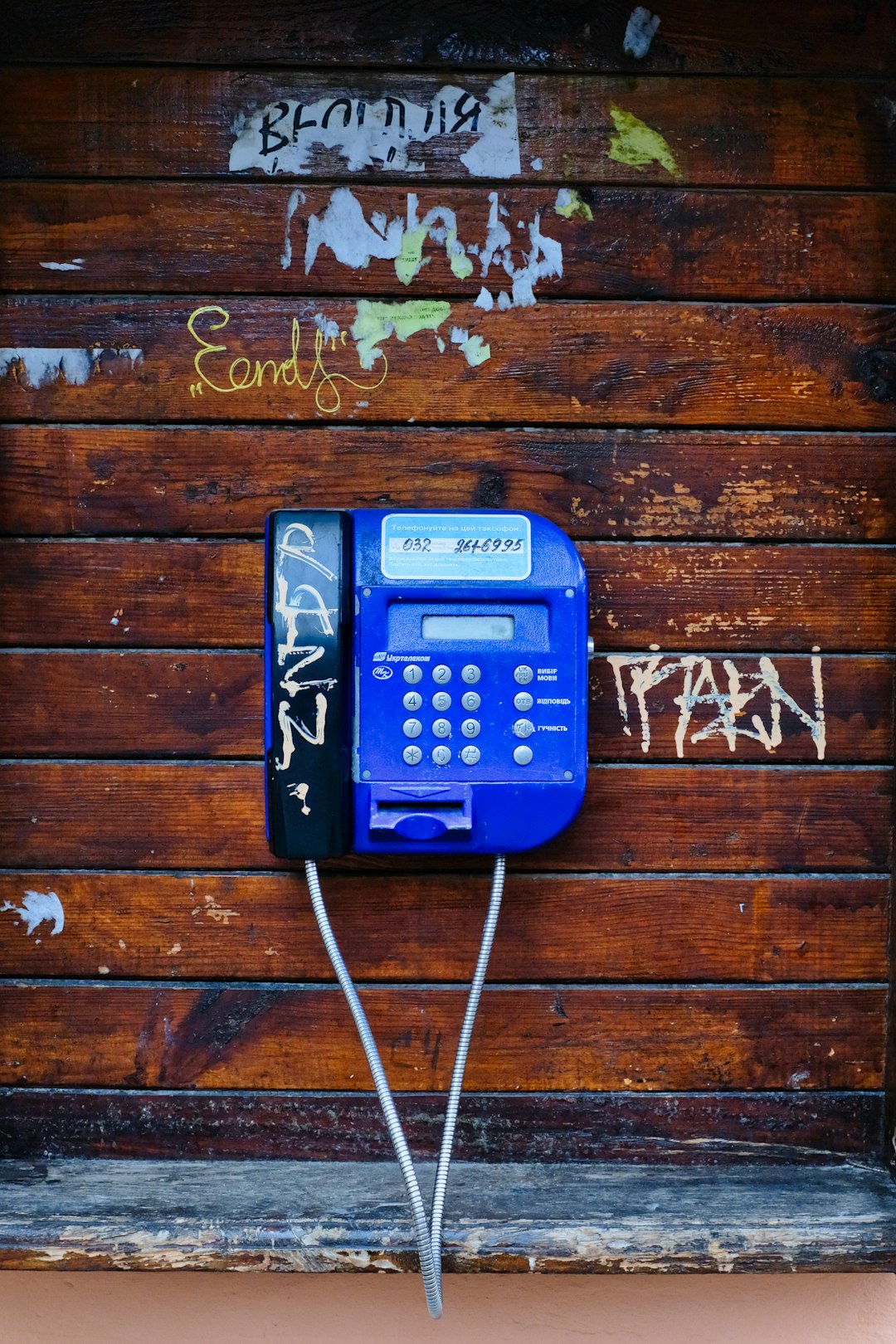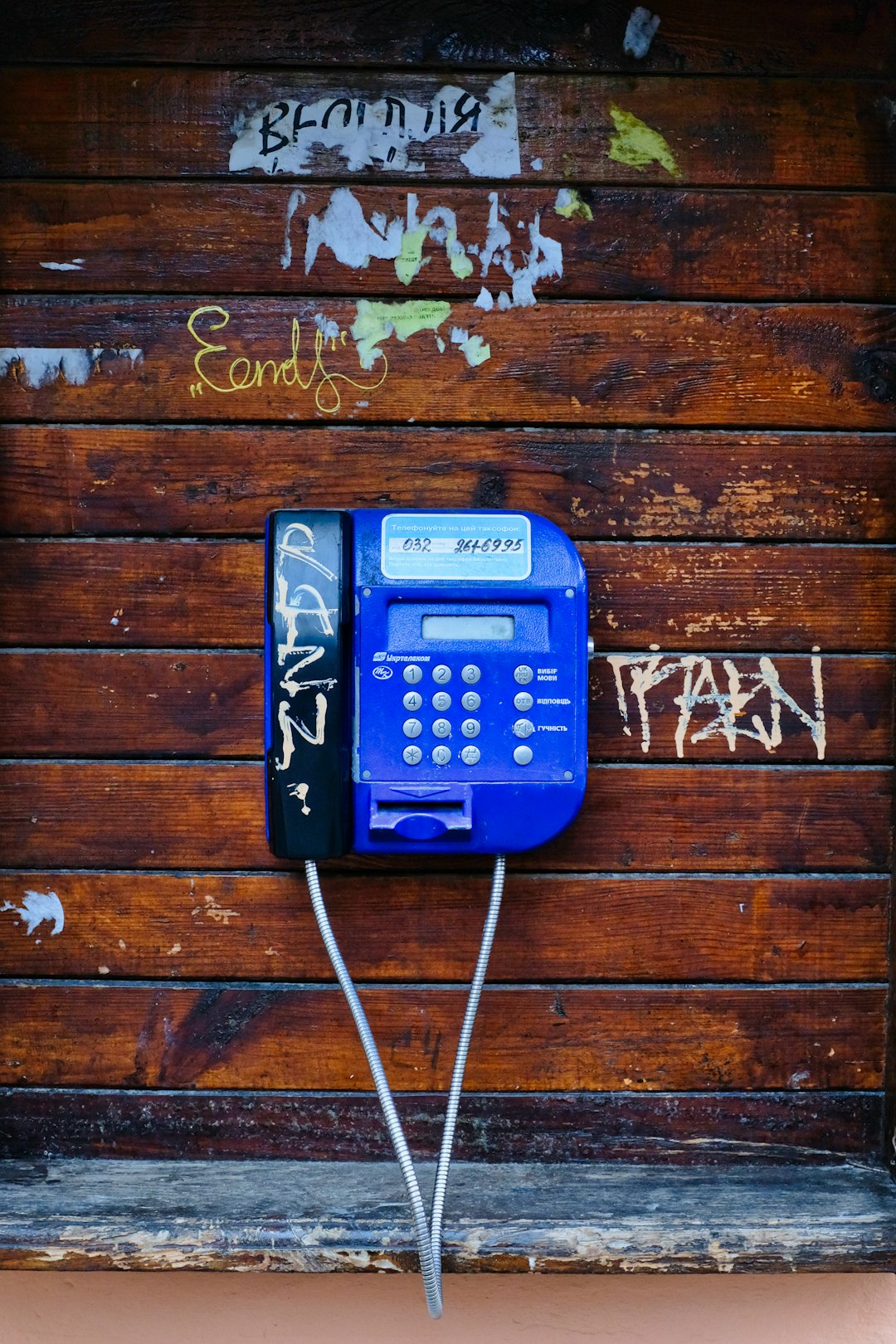Maine's "do not call" laws protect residents from unwanted telemarketing by regulating business contact practices. Businesses use technology to automate blocking of registered numbers, while attorneys specialize in navigating these regulations and implementing efficient reporting systems for streamlined compliance. User-friendly platforms, integrated with state databases, simplify the process for consumers and enhance privacy protection through collaboration between providers, attorneys, and regulatory bodies. "Do not call attorney Maine" services play a crucial role in upholding consumer rights while enabling businesses to reach their target audience effectively.
In Maine, adhering to strict Do Not Call laws is essential for attorneys to avoid legal repercussions. This article explores how technology can revolutionize reporting under these regulations. We delve into the significance of understanding Maine’s unique legal framework and the subsequent implementation of efficient, streamlined reporting systems. By adopting advanced tools, attorneys can enhance compliance, reduce errors, and gain valuable insights. Discover the benefits and best practices for leveraging technology in Do Not Call reporting to stay ahead in Maine’s legal landscape while respecting client privacy.
Understanding Maine's Do Not Call Laws and the Role of Technology

In Maine, do not call laws are designed to protect residents from unwanted telemarketing calls. As a state that values consumer rights and privacy, Maine has implemented regulations that govern how businesses can contact individuals. These laws are essential for maintaining a peaceful and respectful environment, especially for those who prefer not to receive sales or promotional calls. Understanding these rules is crucial, particularly for businesses aiming to stay compliant while reaching their target audiences.
Technology plays a pivotal role in navigating Maine’s do not call regulations. With advanced digital tools, companies can now efficiently manage call lists, ensuring they respect consumer preferences. Do not call attorneys in Maine often recommend utilizing software that allows businesses to automate the process of identifying and blocking numbers on the do not call registry. This technology streamlines reporting, making it easier for companies to stay compliant and avoid potential legal issues.
Implementing Efficient Reporting Systems for Attorneys in Maine

In the state of Maine, attorneys dealing with numerous do not call registrations can benefit greatly from implementing efficient reporting systems. Traditional methods often involve manual data entry and tracking, which can be time-consuming and error-prone. Technology offers a streamlined solution through automated reporting tools. These platforms facilitate the management of do not call lists by enabling quick updates, accurate tracking, and comprehensive analytics.
For Maine attorneys, adopting such systems means enhancing compliance with do not call regulations while optimizing their practices. Automated reports can be generated in minutes, ensuring accuracy and saving significant time. This efficiency allows legal professionals to focus on core responsibilities, improving client satisfaction and overall practice management.
Benefits and Best Practices for Streamlined Do Not Call Reporting

The benefits of streamlined Do Not Call reporting are significant, offering both efficiency and protection for consumers in Maine. By implementing technology-driven solutions, such as automated data processing and real-time updates, the process becomes faster and more accurate. This ensures that registered individuals or businesses can be promptly notified of unwanted calls, allowing them to take necessary actions to prevent future violations.
Best practices include utilizing user-friendly reporting platforms accessible to all consumers, integrating these platforms with state databases for seamless data exchange, and providing clear, concise instructions for submitting reports. Additionally, fostering collaboration between telecommunications providers, do not call attorneys Maine, and regulatory bodies can enhance the overall effectiveness of the system, ensuring compliance and respecting individual privacy rights.






